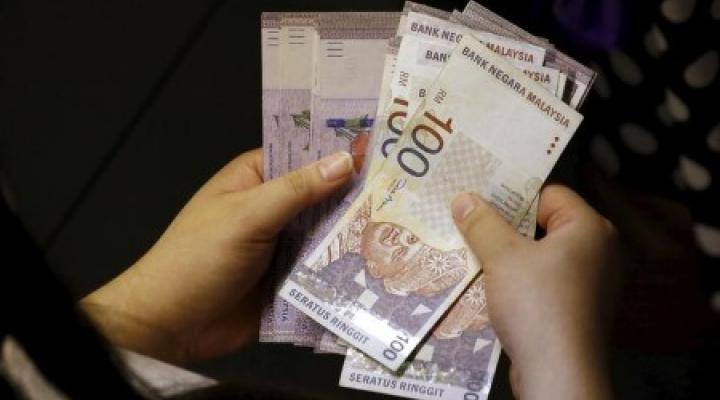PETALING JAYA: The Malaysian government may resort to domestic borrowing and sovereign bond issuance due to the need to finance the stimulus measures announced to help the people and businesses cope with the impact of the ongoing Covid-19 pandemic, according to economists.
For the direct fiscal injection of RM35 billion under the stimulus package, Bank Muamalat Malaysia Bhd’s economist Izuan Ahmad said the government has the option of recalibrating its operating expenditure, raising additional non-tax revenue (for example, Petronas dividends), and temporarily lifting the statutory limit on public debt management.
Previously, Petronas (Petroliam Nasional Bhd) indicated a dividend payout of RM24 billion to the federal government this year.
“However, any additional dividend to the tune of 2019’s RM30 billion seems unlikely due to the current volatility of global crude oil prices and depressed demand due to Covid-19 pandemic,” Izuan told SunBiz.
“As such, domestic borrowings and government bond issuances seem to be the necessary option to raise funding for the stimulus packages as well as any additional sum, if required.”
He pointed out that such a move is supported by the fact that Malaysia’s rating still remains intact, as it has been affirmed by the international rating agencies such as S&P and Moody’s, albeit a ‘negative’ outlook by Fitch Ratings.
“In terms of government’s fiscal deficit, the stimulus packages and low crude oil price environment would widen the deficit level to about -4.7%,” he said.
Nevertheless, he highlighted that this would still be lower than the country’s previous deficit of -6.7% recorded during the global financial crisis in 2009.
A fixed-income analyst noted that while Malaysia is facing the same issues of widening fiscal deficits and climbing national debt as other countries, its debt levels prior to the crisis were significantly elevated compared to other countries with similar credit ratings.
In addition, Malaysia has a higher reliance on external funding as well as a lower external liquidity, which raises its chance of its credit rating being downgraded.
Apart from that, the analyst also cautioned that Malaysia is still on FTSE Russell’s World Government Bond Index watch list, and that an exclusion could translate into a domino effect which will result in a significant yield spike due to the trillions of assets that track the global index.
Meanwhile, on the possibility of another round of stimulus following the extension of the movement control order (MCO) to May 12, Izuan stated that that would hinge whether certain economic sectors would be allowed to recommence their operations within a strict controlled environment.
“If this is the case, there might not be a need for a further stimulus package,” he added.
MIDF economist Muhammad Zafri Zulkeffeli echoed the view, saying he expects no additional stimulus measures with the extension.
However, he shared that it is understood that with the conclusion of the MCO, the government could be preparing two economic plans, a six- to 12-month economic recovery plan and a two-year economic recovery plan.
Last Friday, Finance Minister Tengku Datuk Seri Zafrul Tengku Abdul Aziz said his ministry, together with the Economic Planning Unit, has started engaging stakeholders from various industries to get their feedback on efforts to restore and develop the economy.
As for Malaysia’s fiscal position, Zafri noted that the budget deficit is predicted to widen, due to a drop in revenue rather than increase in spending, underpinned by the oil price plunge.
“Hence, the government may look to revise the debt to GDP self-imposed rule to more than 60%. At the current juncture, additional government fiscal injection is limited due to the self-imposed debt-to-GDP levels of 55%,” he said.
Zafri pointed out that, furthermore, the introduction of new income streams, or a move to reintroduce the Goods and Services Tax, is not feasible due to political challenges at the parliamentary level.










